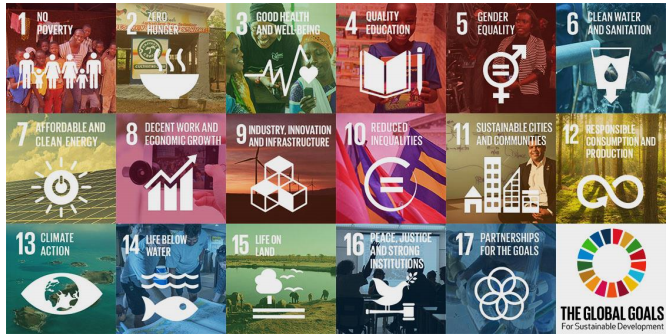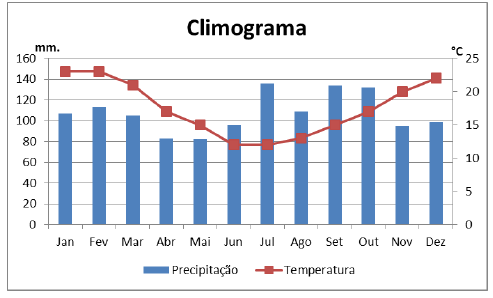This is how UN scientists are preparing for the end of capitalism
Capitalism as we know it is over. So suggests a new report commissioned by a group of scientists
appointed by the UN secretary general. The main reason? We’re transitioning rapidly to a radically different global
economy, due to our increasingly unsustainable exploitation of the planet’s environmental resources and the shift
to less efficient energy sources .
Climate change and species extinctions are accelerating even as societies are experiencing rising
inequality, unemployment, slow economic growth, rising debt levels, and impotent governments. Contrary to the
way policymakers usually think about these problems these are not really separate crises at all.
These crises are part of the same fundamental transition. The new era is characterized by inefficient fossil
fuel production and escalating costs of climate change. Conventional capitalist economic thinking can no longer
explain, predict or solve the workings of the global economy in this new age.
Energy shift
Those are the implications of a new background paper prepared by a team of Finnish biophysicists who
were asked to provide research that would feed into the drafting of the UN Global Sustainable Development
Report (GSDR), which will be released in 2019.
For the “first time in human history”, the paper says, capitalist economies are “shifting to energy sources
that are less energy efficient.” Producing usable energy (“exergy”) to keep powering “both basic and non-basic
human activities” in industrial civilisation “will require more, not less, effort”.
At the same time, our hunger for energy is driving what the paper refers to as “sink costs.” The greater our
energy and material use, the more waste we generate, and so the greater the environmental costs. Though they
can be ignored for a while, eventually those environmental costs translate directly into economic costs as it
becomes more and more difficult to ignore their impacts on our societies.
Overall, the amount of energy we can extract, compared to the energy we are using to extract it, is
decreasing across the spectrum – unconventional oils, nuclear and renewables return less energy in generation
than conventional oils, whose production has peaked – and societies need to abandon fossil fuels because of
their impact on the climate.
Whether or not this system still comprises a form of capitalism is ultimately a semantic question. It
depends on how you define capitalism.
Economic activity is driven by meaning – maintaining equal possibilities for the good life while lowering
emissions dramatically – rather than profit, and the meaning is politically, collectively constructed. Well, this is the
best conceivable case in terms of modern state and market institutions. It can’t happen without considerable
reframing of economic-political thinking, in short words: rethinking capitalism as it is nowadays.
Disponível em: <https://www.independent.co.uk/news/long_reads/capitalism-un-scientists-preparing-end-fossil-fuels-warning-demise-a8523856.html>. Acesso em: 12 mar. 2019. (Adaptado).





 Com base nessas informações, infere-se que o climograma apresentado refere-se à cidade de:
Com base nessas informações, infere-se que o climograma apresentado refere-se à cidade de:
 Disponível em: http://repositorio.ipea.gov.br/bitstream/11058/8911/1/Regi%C3%A3o%20e%20regionaliza%C3%A7%C3%A3o.pdf. Acesso em: 15 jul. 2019.
Disponível em: http://repositorio.ipea.gov.br/bitstream/11058/8911/1/Regi%C3%A3o%20e%20regionaliza%C3%A7%C3%A3o.pdf. Acesso em: 15 jul. 2019.

